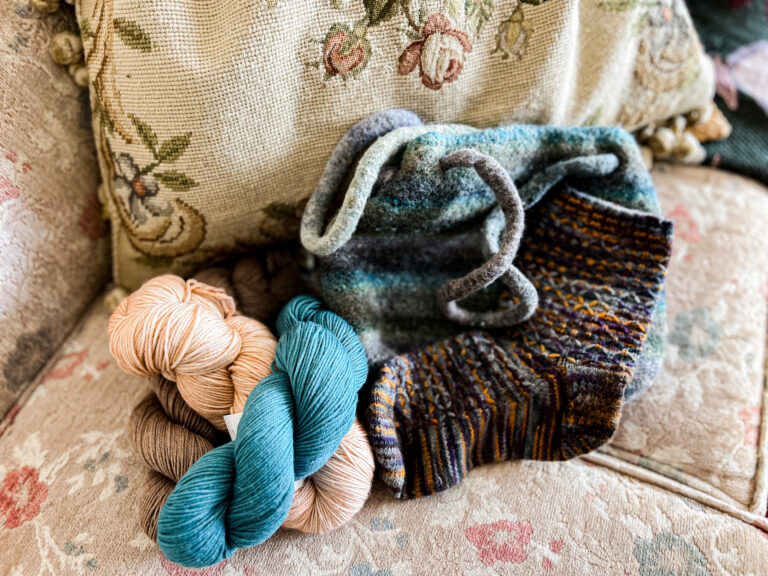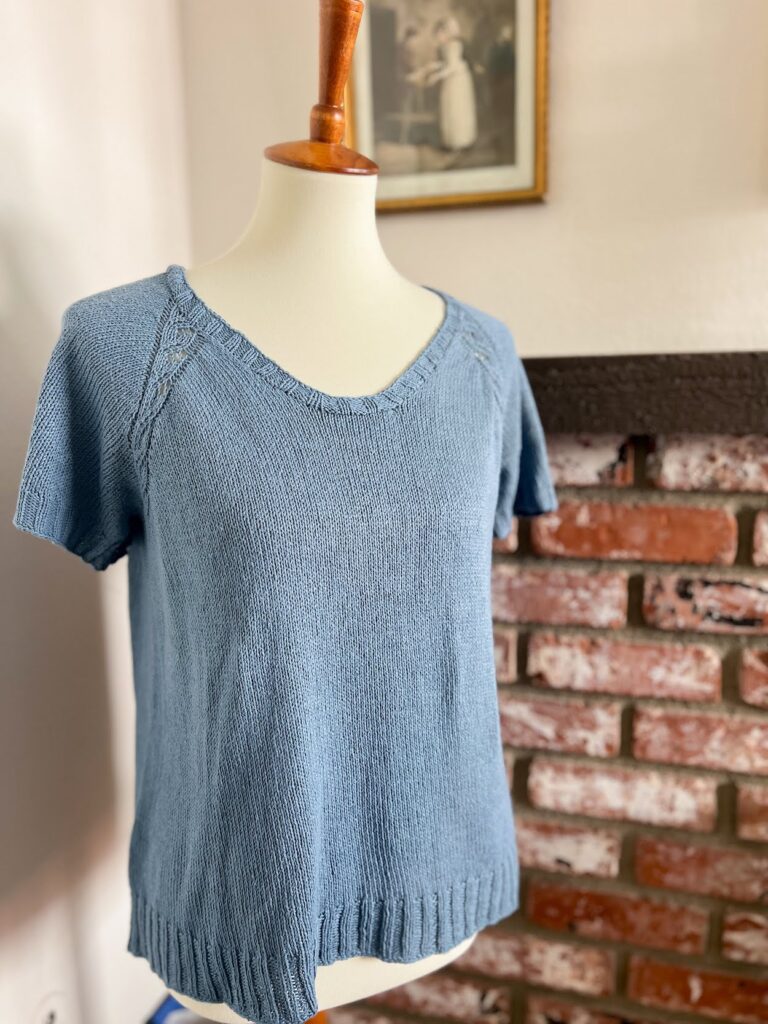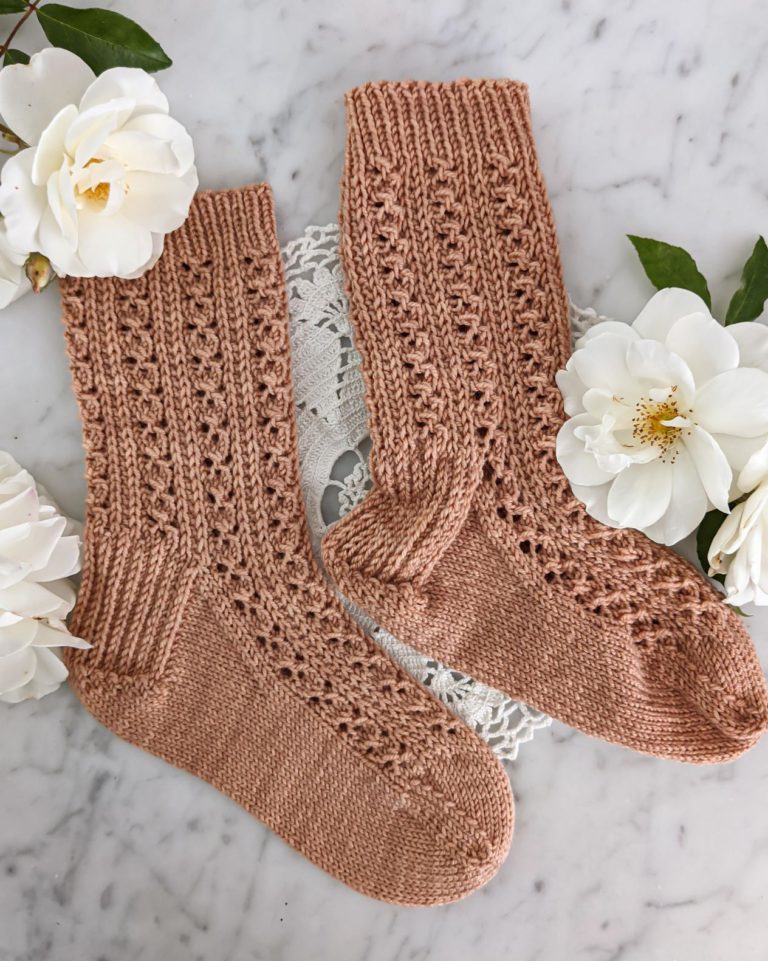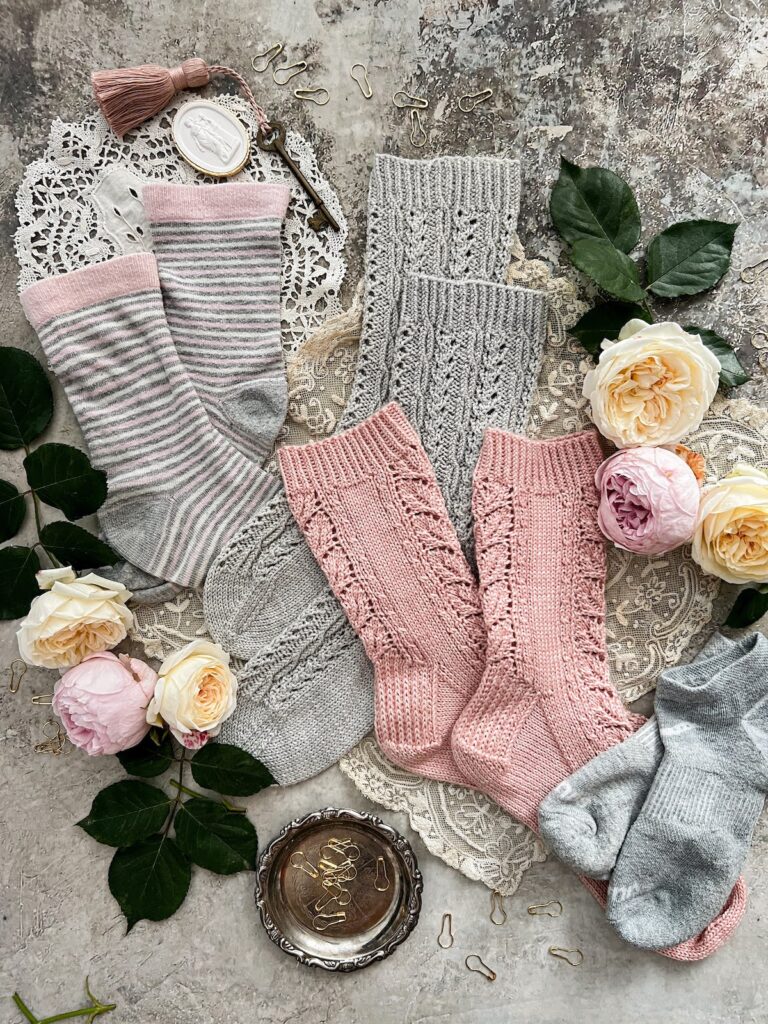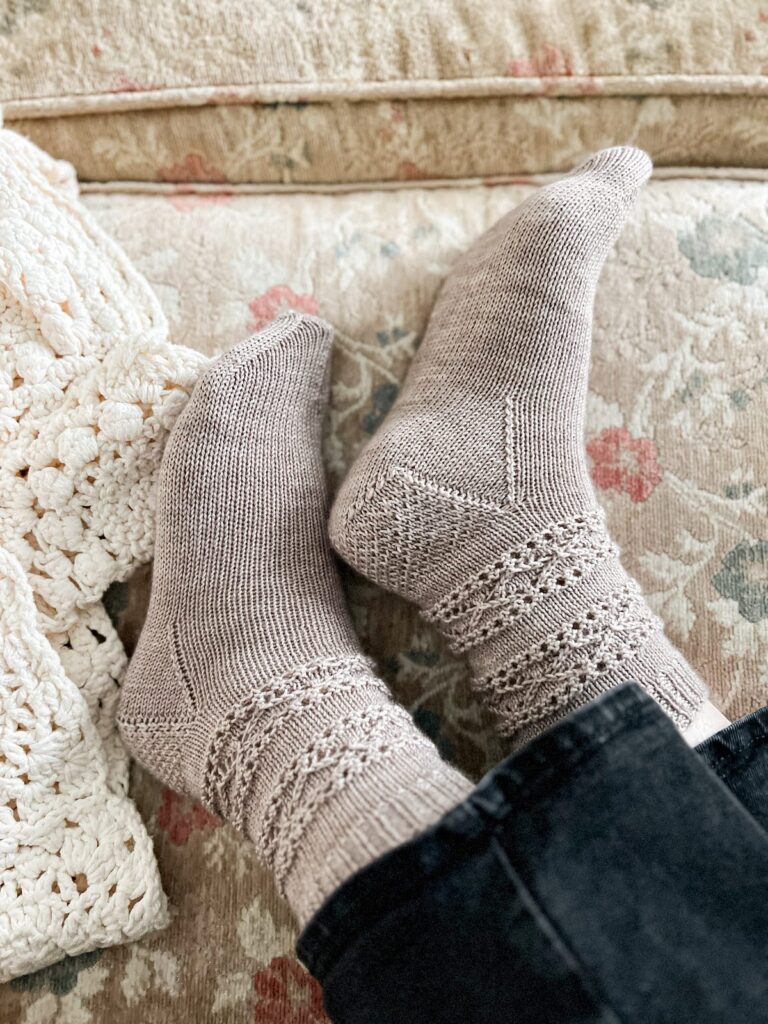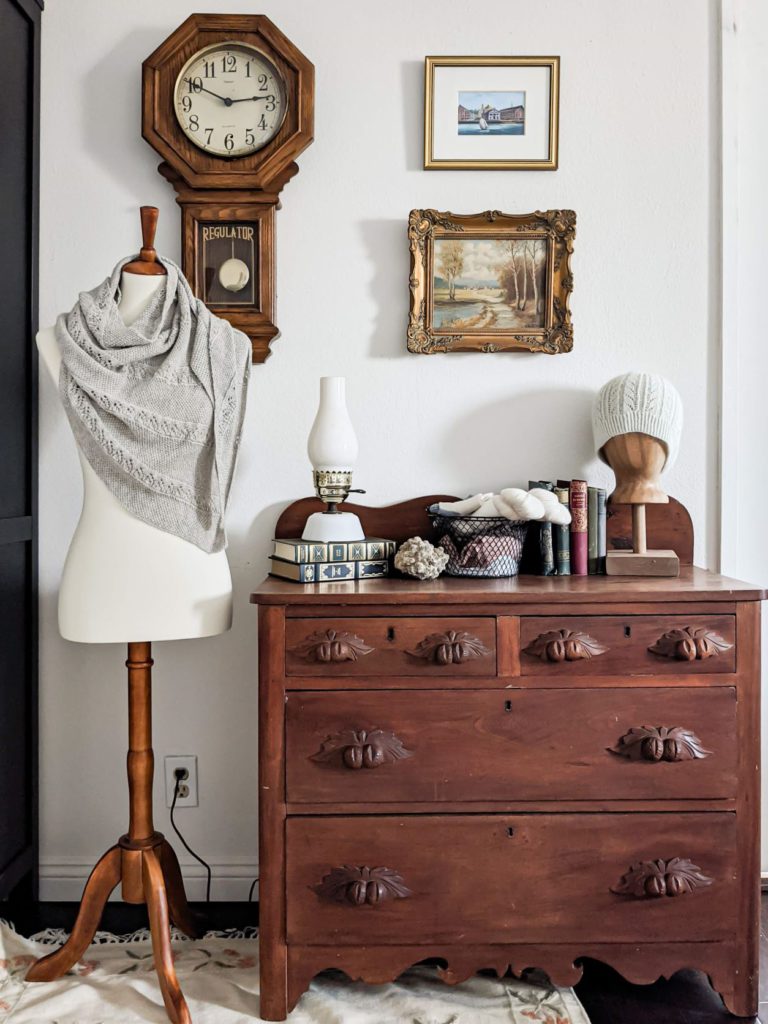
The cool fall mornings and damp evenings have settled upon us again here in Ventura. That means I’m taking my handknits out of storage. It made me realize that I never did a roundup of how to store wool sweaters and other handknits when I packed them away at the beginning of summer.
Now’s as good a time as any, though, because taking my hand knits out of storage involves a couple steps, too! But don’t worry. It’s a relatively simple process.
Here’s an overview of what to do for your handknits on both ends of the storage journey.
With a little thought and care, your hand knits will make it through their summer hibernation and be ready for use again in the cool weather. It’s easy peasy.
And to make things easier for you, I’ve added a shoppable gallery at the end of this post that has some of my favorite tools for cleaning and storing my knits.
What To Do When It’s Time To Store Wool Sweaters And Other Hand Knits For Summer
If you’re stressing about how to store wool sweaters, hats, scarves, and whatnot, don’t worry! It’s easier than you think.
Clean Your Hand Knits Before Putting Them Away
If you do nothing else before popping your woolen treasures into storage, make sure they’re clean. If you pack them up with dirt, dead skin, body oils, perspiration, spilled food, or other stuff on them, those substances will have months to sink into the wool. That can make stains more durable and cause smells to linger. Worse, little bits of dead skin and oil can attract critters.
So make sure to wash, steam, dry-clean, or otherwise make sure your knits are cleaned thoroughly before you pack them in storage for the summer.
Make Sure Your Wool Sweaters And Other Hand Knits Are Completely Dry
This is a big issue with freshly washed sweaters, especially if you live somewhere humid. It can be hard to tell whether a sweater is completely dry or not. Here’s my rule of thumb:
When in doubt, wait it out.
It’s better to have your sweater sit drying on the couch or foot of your bed for another day than to pack it up a little damp. Over time, the dampness will lead to mildew and degrade the fibers in your knits.
Take Steps To Prevent Visits From Pests
There are all sorts of critters that love chewing on tasty animal fibers. You’ll want to do your best to keep those critters from getting to your hand knits while they’re in storage. After all, it’s not terribly fun to have bugs eat up the projects we spent so many hours on.
One option is to use cedar. I have a cedar chest that I store special linens in, and the scent of that cedar helps keep away moths, silverfish, carpet beetles, and more. My knits, though, get stored in a little chest of drawers, which is made of a different wood. To get the same protective effect, I have layered in a bunch of cedar sachets. You can see them in this photo.
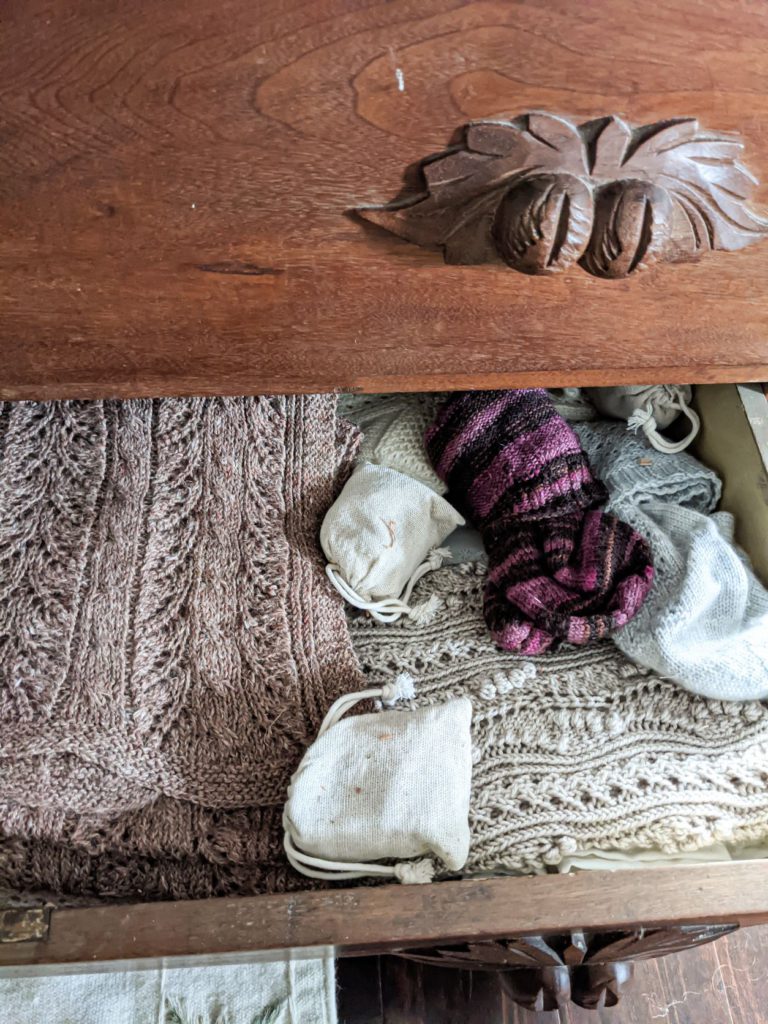
I bought my cedar sachets in a pack of 20 on Amazon. Every now and then, I go into the drawers and squish the sachets with my hands to release more of that lovely cedar scent.
If the cedar isn’t doing it, you can also try chemical mothballs. Mothballs do have a rather strong scent, so you’ll want to use only as many as absolutely necessary, and then air out your knits before using them. If your knits are going to be in storage for an extended period, though, this might be a good option.
Store Your Wool Sweaters And Other Hand Knits In A Cool, Dry Spot
Hand knit items are full of little nooks and crannies where things love to grow in the dark and the damp. Think about a kitchen sponge and how gross it gets after a while. Now think about what would happen to your favorite sweater if it were stored in a damp, cozy spot where mold and mildew can flourish.
Yuck.
So try to keep your sweaters dry. Here in Southern California, humidity isn’t much of an issue, but if you live somewhere damp, consider packing your handknits with silica packets or other dessicants to keep them protected. You probably also don’t want to store them on the floor of your basement, where moisture tends to lurk.
What To Do When It’s Time To Bring Out Your Woolen Hand Knits From Storage
Give Them A Good Airing
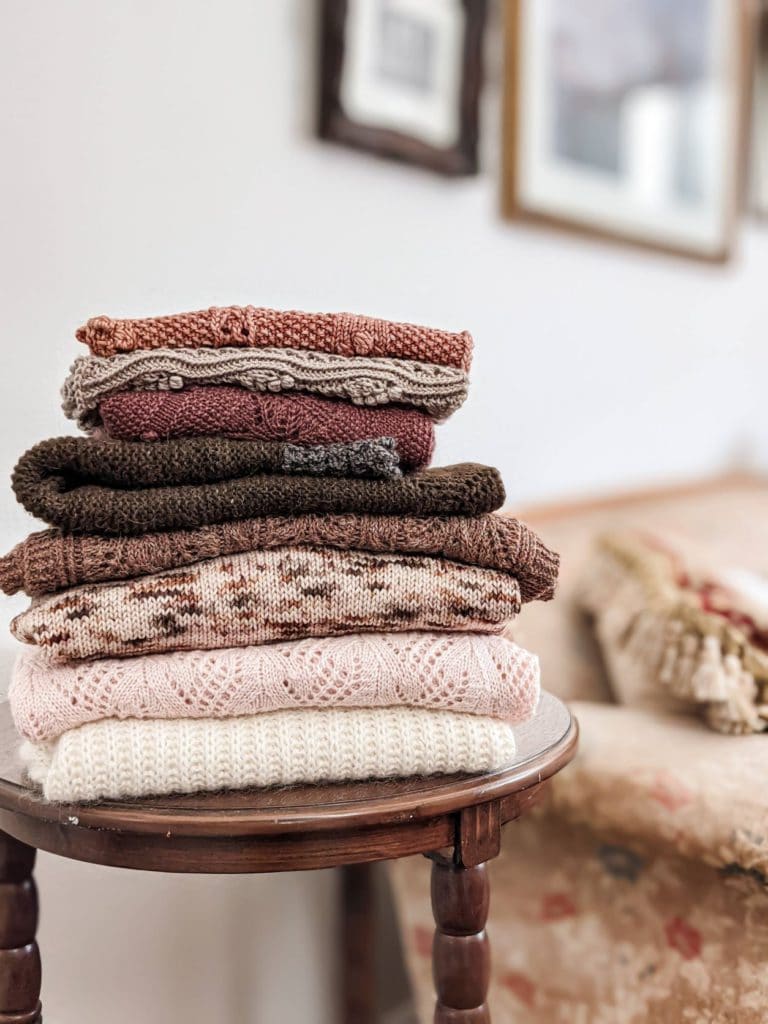
After a whole summer of being tucked away safely in a box, cedar chest, or dresser, maybe with moth balls or lots of sachets, your stored items might have a bit of an odor. That’s okay! The great thing about wool is that odors don’t linger.
So if you pull your hand knits out of storage and find that they’re smelling, well, like they’ve been in storage, set them somewhere out of the way where they get decent air circulation and just let them breathe. I like to put mine by an open window or lay them out on the grass for a little bit.
Check For Signs Of Pests
Sometimes, despite our best efforts, the critters find their way into the knits. If you find signs of moths, carpet beetles, silverfish, or other creepy crawlies, it’s best to take action quickly. You’ll want to deep clean all the knits that were stored together and take steps to deal with whatever the pest was. This might involve freezing your knits to kill any eggs/larvae, washing them thoroughly, or treating them with vinegar.
Mend Any Holes Or Weak Spots
The old saying about how a stitch in time saves nine is, frankly, the honest truth. If you can catch a small hole in your knits before it becomes a big hole, your mending job is much smaller. Those small holes will only grow with wear, so save yourself unnecessary work by patching up any worn spots before you put your knits back into your regular wardrobe rotation. Newly reinforced heels, elbows, and other spots will be ready for another year of fun.
An Easy, Shoppable Gallery
Here are some of the tools and products I use the most when protecting my knits, getting them ready for storage, and taking them back out again. From cleaning to storage containers to pest repellents, these products help me preserve my finished knits so I can wear them again in the next chilly season.
These are affiliate links, which means if you choose to buy something through these links, I’ll receive a small commission at no extra cost to you. I will always identify affiliate links for you. Thanks for supporting my work!
Let’s stay connected!
Join my newsletter for 30% off all new releases, regular updates with helpful tips and tricks, first crack at registration for upcoming workshops, exclusive discounts, and more.
Prefer to read without ads? Join my Patreon, which starts at just $1 a month!
Join the A Bee In The Bonnet Facebook Group to participate in knitalongs and other fun community events
Come hang out with me on the A Bee In The Bonnet TikTok
Follow along on the A Bee In The Bonnet Instagram
Get inspired via the A Bee In The Bonnet Pinterest


